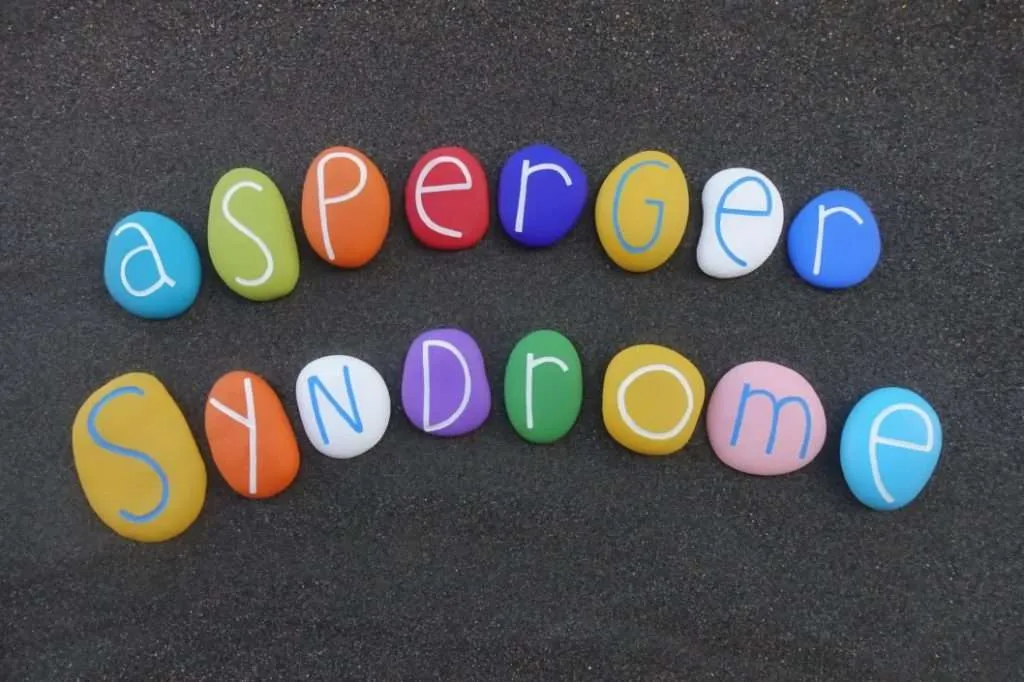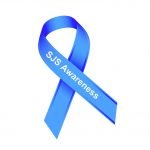The Truth About Asperger Syndrome: 10 Things You Should Know

Asperger syndrome is a condition that affects how a person interacts with others and communicates. It’s typically diagnosed in early childhood, but some adults are only diagnosed later in their life. It isn’t much known about Asperger syndrome, but there are many myths and misunderstandings about it. You might now know someone with Asperger syndrome, or you might have heard a story about someone who has it. Either way, you may want to know more about this condition. This article will introduce you to Asperger syndrome and what you need to know about the condition. Understanding these facts can help you identify if someone you know has Asperger syndrome or not. In addition, this article will answer common questions like:
What is Asperger syndrome?
Asperger syndrome is an Autism spectrum disorder. This means that a person with Asperger syndrome has difficulty with social communication and special interests that are repetitive. There are many misconceptions about Asperger syndrome and autism, but the biggest difference is that people with Asperger syndrome have average intelligence, while people with autism have below-average intelligence. Asperger syndrome was first identified by Dr. Hans Asperger in the 1940s. The condition was named after him, and most people use the term Asperger syndrome instead of High-Functioning Autism (HFA). The exact cause is still unknown, but researchers believe that it’s largely genetic. There are also environmental factors that play a role in exacerbating symptoms or triggering the condition. These include certain medications, infections, and certain stressors.
Is there a Cure for Asperger Syndrome?
There’s no cure for Asperger syndrome, but there are ways to improve symptoms and make life more manageable. This can include therapies and medication, depending on the needs of the person with Asperger syndrome. There are many myths about Asperger syndrome, and one of them is that there’s a cure for it. But unlike other diseases, there isn’t a cure for Asperger syndrome. There are treatments that can help manage symptoms and make life easier for people with Asperger syndrome.

What are the Symptoms of Asperger Syndrome?
The symptoms of Asperger syndrome are the same as autism, but Asperger syndrome has normal or above-average intelligence. The symptoms of Asperger syndrome include: – Difficulty with social communication – – Repetitive speech or rituals – – Repetitive or inflexible interests – – Sensory sensitivity or sensory processing difficulties – – Problems with change or transitions – – Problems with gross and fine motor skills – – Problems with self-regulation – Adults with Asperger syndrome may experience less social anxiety and fewer repetitive behaviors than children or adolescents. This may be because people grow out of some of their behaviors as they age. However, these behaviors can cause significant impairment in daily life.
How is Aspergers Different from Autism?
Aspergers and Autism are the same in that they are both Autism spectrum disorders. However, they have some differences. For example, with Aspergers, the person may have below-average intelligence. They may also have trouble with social interactions and have a specific set of interests that they like to focus on. Someone who has an Autistic disorder may have average intelligence or have average intelligence and have trouble with social interactions. Aspergers and Autism share many of the same symptoms. But, people who have Autism are less likely to be able to communicate their needs or understand other people’s needs. With Aspergers, there is less of a communication issue and more of a social issue. People with Aspergers may want to communicate but just don’t know how, or they may not even care to communicate at all.
Is there a Genetic Link to Asperger Syndrome?
There’s no doubt that genetics play a large role in a person developing Asperger syndrome. This is because the condition is more common in families where there are other individuals with Asperger syndrome. This could mean that there’s a genetic factor at play, but it could also mean that there’s a triggering factor in the environment. Many parents of children with Asperger syndrome bring their children in for genetic testing. This can help them understand the role genetics may have played in their child’s condition. This is important because knowing the genetic factor can help parents understand if their child’s condition is likely to be lifelong. It can also impact how they approach treatment.

Why Are There So Many Myths About AS?
There are many myths about Asperger syndrome, but many of them stem from lack of knowledge about the condition. We know that the condition is genetic, but we don’t know how. Most of the research about Asperger syndrome is focused on children and adolescents. This means that there isn’t much research on the condition in adulthood. This has created a huge knowledge gap and in turn, created many myths. Asperger syndrome is more common in males, so perhaps that has something to do with why there are more myths surrounding it.
Should You Diagnose Children Early?
If you have a child with Asperger syndrome, you may wonder if you should diagnose that child early or not. Some parents like to be proactive and get their child diagnosed as soon as they see signs. Others like to wait and see if the child outgrows the condition. Most professionals recommend that you wait to get a diagnosis for your child. There are a few reasons for this. First, getting an early diagnosis can create unnecessary anxiety for your child. They may worry about being different and not fitting in with their peers. The other reason is that there’s no rush. If a child has Asperger syndrome, they will grow out of it. They may have to deal with some social and emotional struggles along the way, but they will get through it.

Can Adults Be Diagnosed with AS as well?
Yes, adults can be diagnosed with Asperger syndrome as well. In fact, many adults are only diagnosed as they get older. This is because people with Asperger syndrome are usually diagnosed when they’re children. Adults who were diagnosed as children may have grown out of their symptoms, but they show up again years later. This can be frustrating for the adult who has to go back to the doctor and get another diagnosis. There’s not a clear answer as to why this happens. But, it could be that the adult has a different trigger than the child. Adults can also be diagnosed with Asperger syndrome if they had it as a child but outgrew it. This is why it’s so important to wait and see if a child grows out of the condition.
The Bottom Line
Asperger syndrome is a disorder that affects a person’s ability to socialize and communicate. It is typically diagnosed in early childhood, but some adults are only diagnosed later in their life. There isn’t much known about Asperger syndrome, but there are many myths and misunderstandings about it. If you want to know more about this condition, then this article is for you. This article will introduce you to Asperger syndrome and what you need to know about the condition. Understanding these facts can help you identify if someone you know has Asperger syndrome or not.











